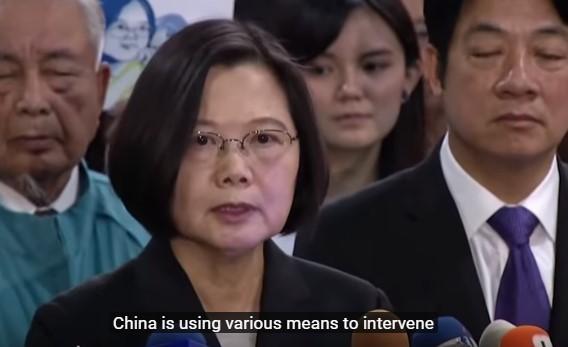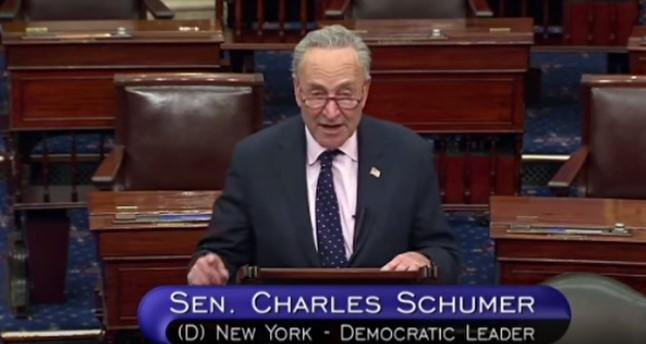The Panama Papers are out and they’re not looking so good for China.
It’s the biggest data leak in history. An anonymous source leaked eleven-and-a-half million documents from the world’s fourth biggest offshore law firm, Mossack Fonseca, based in Panama.
Wikileaks? Just a drip at 1.7 GB. Edward Snowden’s 60 GB? More like snowed in—by the avalanche of data coming out in the Panama Papers. Contained in 2.6 terabytes of data.

The Panama Papers are out and they're not looking so good for China.



